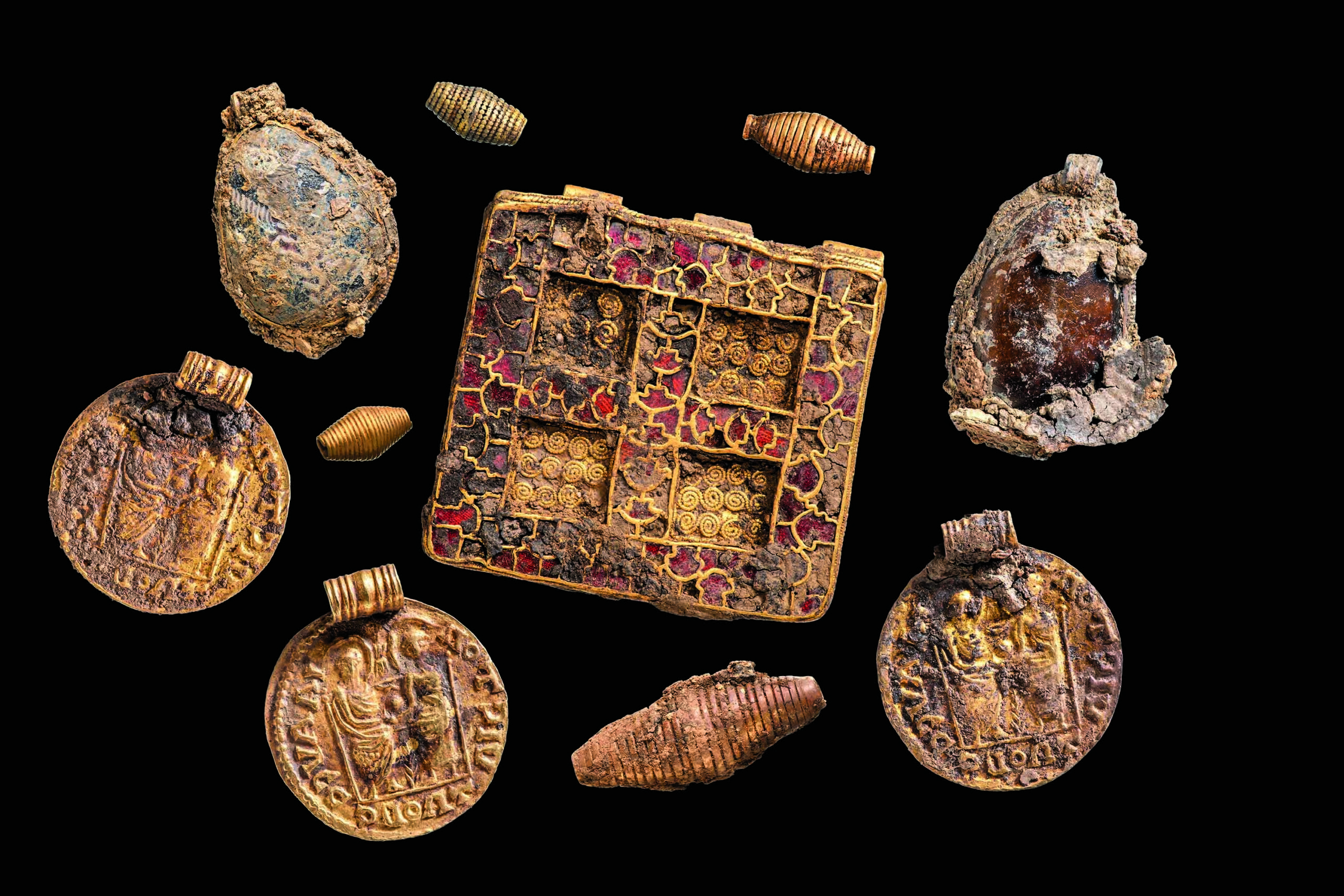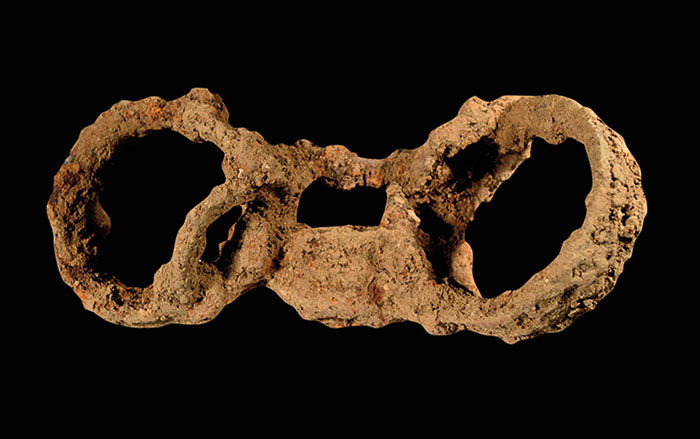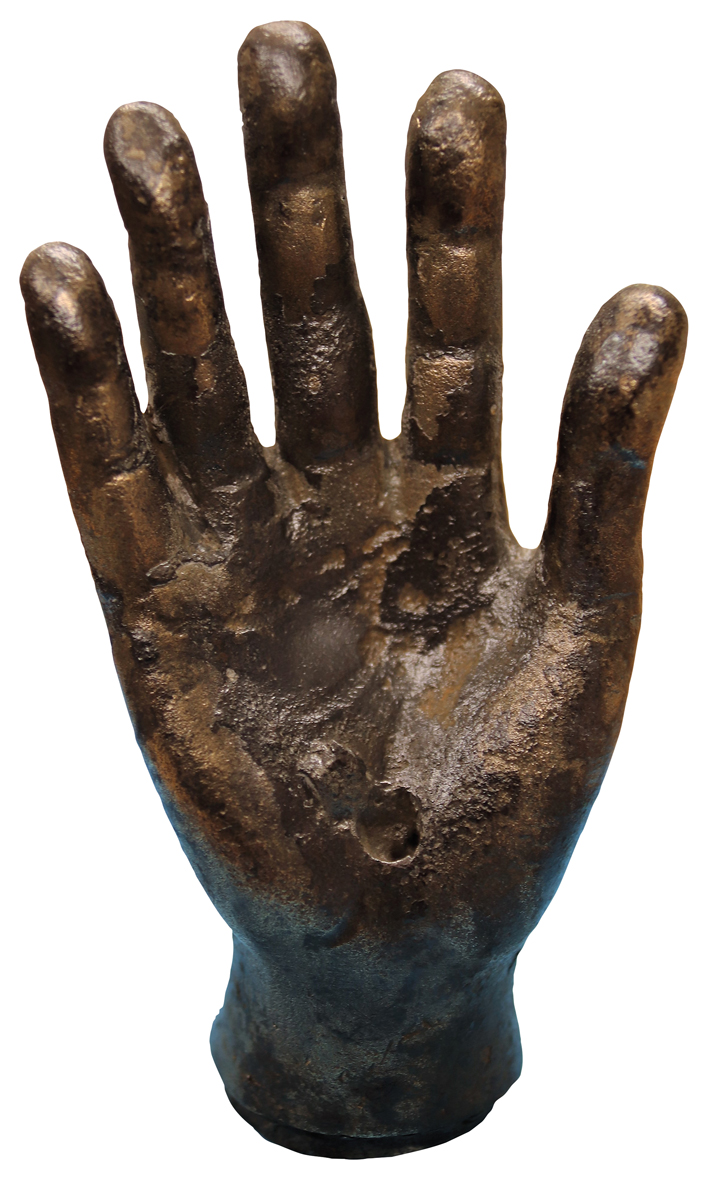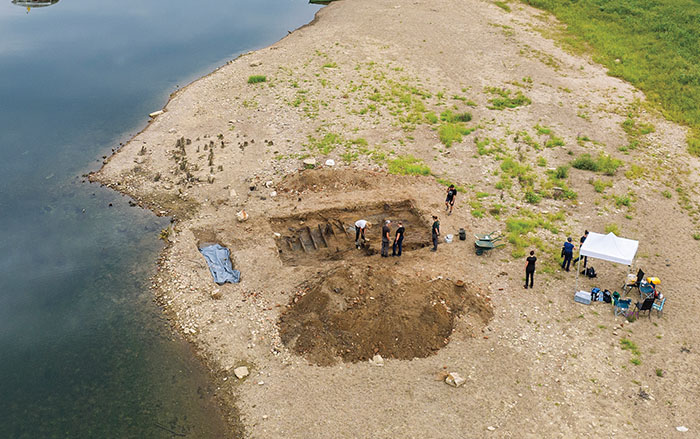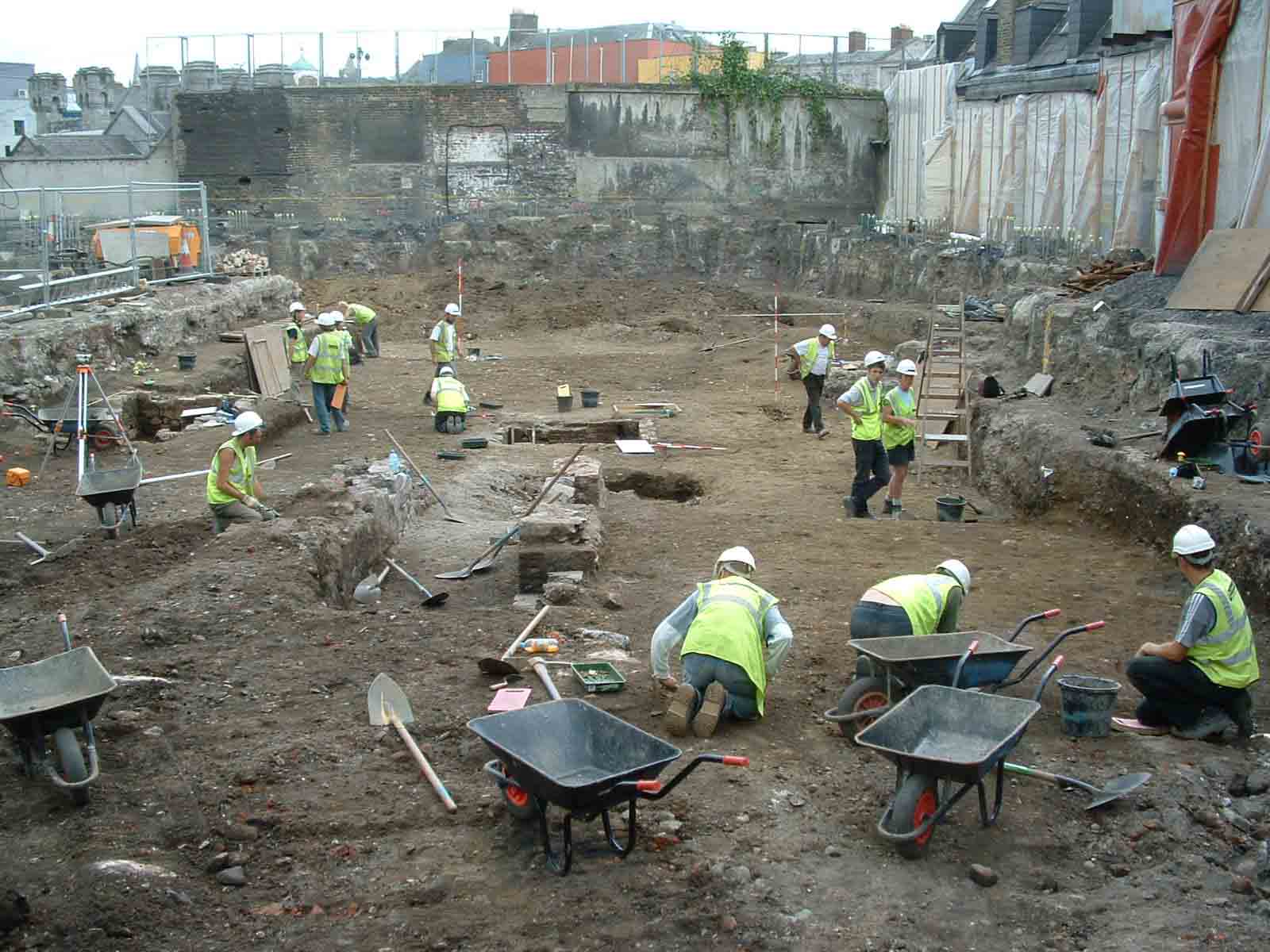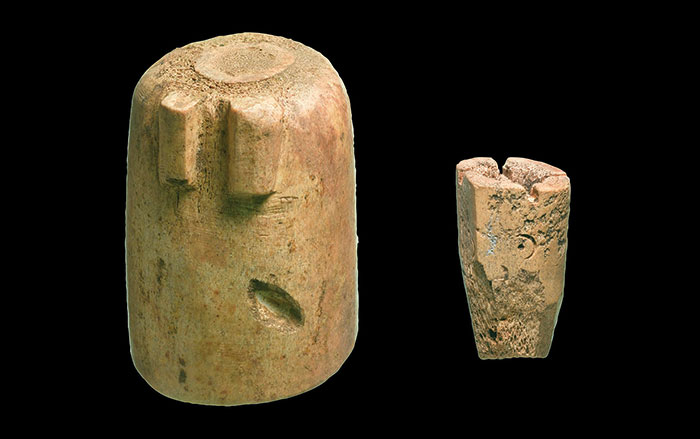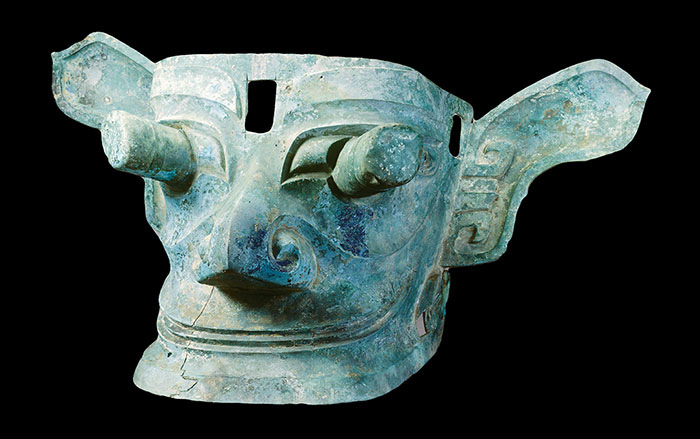
LONDON, ENGLAND—An examination of more than 300 rural and urban skeletons from Roman Britain suggests that it was healthier to live in town. “The assumption is always that if you’re living in the countryside it’s healthier. But we found that urban dwellers were more likely to reach old age than their rural counterparts,” Rebecca Redfern of the Museum of London told New Scientist. Redfern and her colleagues studied 150 skeletons from nine rural cemeteries in what is now Dorset in southern England, and found that 29.5 percent of them lived beyond the age of 35. The remainder of the individuals came from urban cemeteries in modern-day Dorchester, or Roman Durnovaria. The bones revealed that 34 percent of the city dwellers lived beyond the age of 35. “The reason they probably lived longer is that small towns like Durnovaria were far less polluted than much larger cities like Rome, and so had relatively small populations and lower housing densities compared with other urban areas in the Roman Empire,” she explained. Children living in town, however, were more likely to die before reaching age ten, and town residents were more likely to suffer from rickets, tuberculosis, and dental disorders—probably due to more wine and preserves in their diets than what was eaten in the country. Many of the country folk were probably serfs and laborers who survived on basic diets. To read more about life in Roman Britain, see "Artifact: Romano-British Brooch."


